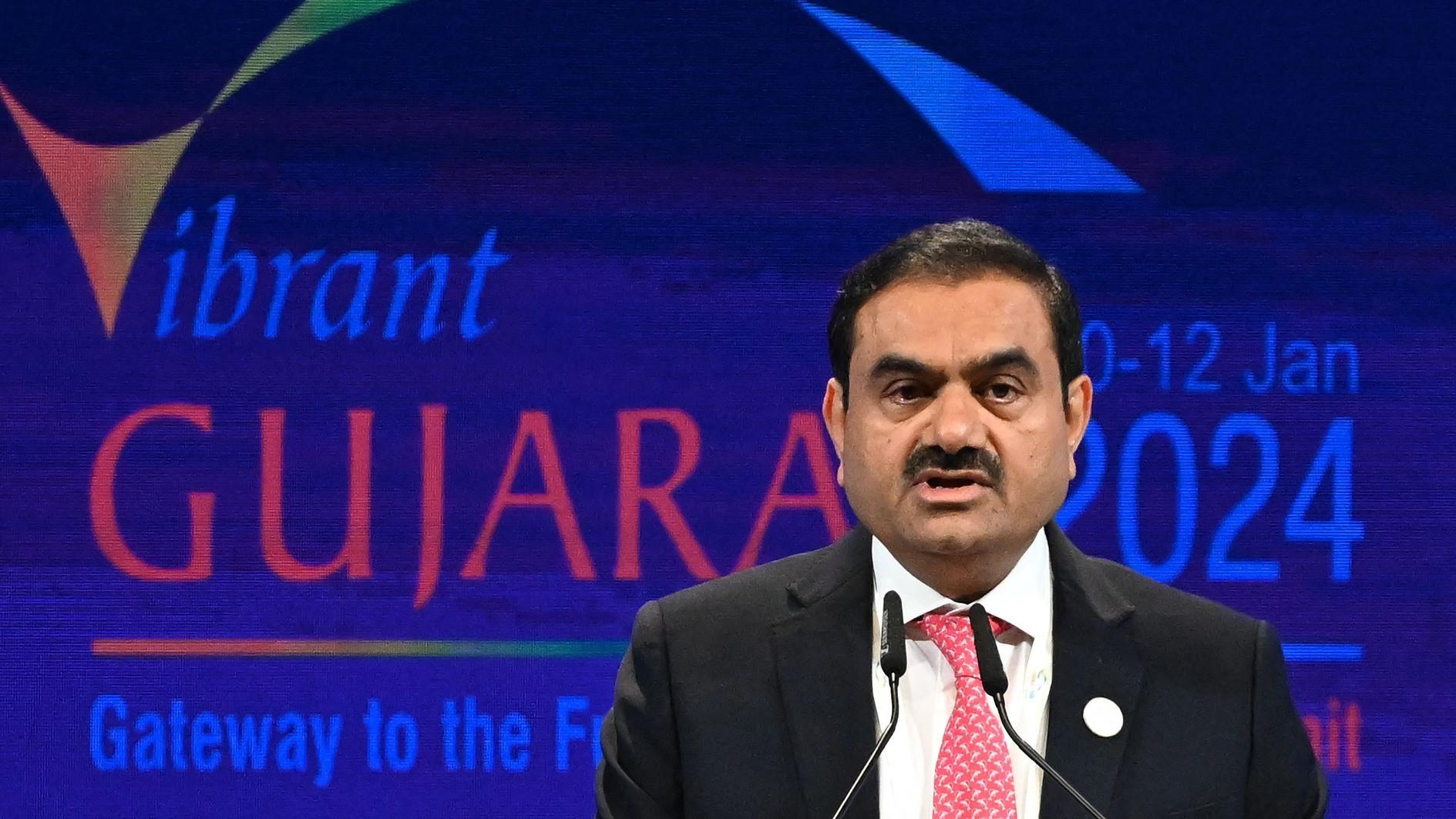Change is unavoidable in Israel
The results of the Israeli parliamentary elections held on Jan. 22, 2013, signal important policy outcomes for the future of Israeli politics and foreign policy. The demand for change in Israel comes from the middle classes that have recently become a force to be reckoned with in most of the Arab countries in the region. Prime Minister Benjamin Netanyahu’s early statement in the aftermath of the election signaled his realization of the demands of the people for a change: “I believe the election results are an opportunity to make changes that the citizens of Israel are hoping for and that will serve all of Israel’s citizens. I intend on leading these changes.”
Starting with the domestic scene, the results suggest a rather a thorny road ahead for Netanyahu to negotiate and maintain a very difficult coalition. Problems such as socio-economic inequalities and exemption of ultra-Orthodox Jews from military service and their tax evasion attempts, as well as the rising cost of living and property rather than issues of foreign policy and threats to Israeli territory determined the results of the elections. The rise of former TV presenter Yair Lapid’s centrist Yesh Atid (“There is a Future”) Party to the second place at the Knesset with 19 seats and Shelly Yachimovich’s Labor Party to the third place with 15 seats confirmed such an analysis. On the other hand, Netanyahu and Foreign Minister Avigdor Lieberman’s right wing and religious coalition of Likud-Beitenu won only 31 seats, dropping from 42, of 120 available seats at the Knesset.
Although Netanyahu still managed to hold on to the largest segment of Parliament, the split of seats between right and left blocs now require forming a coalition between opposite political axes. Since the Labor Party already promised during the election campaign that it will not join any coalition led by Netanyahu, Lapid’s Yesh Atid became the key party for the coalition bargaining. As it is rumored, in the early stages of coalition negotiations, that Lapid demanded the Foreign Ministry for himself, the structure of the new Israeli government would be important for international politics as well.
During the election campaign and even immediately after the elections, Netanyahu stressed his top priority as preventing Iran from obtaining nuclear weapons. Had the Netanyahu-Lieberman coalition won the majority at the Knesset they might have dealt with the Iranian issue in a more hawkish manner, disregarding Obama and the U.S., thus heralding another long-term calamity to the region. However, the election results ensured that they would think twice before any rushed action. The issue will be a critical test for Lapid to show his impact on the coalition.
While Lapid mainly focused on domestic issues during his election campaign and avoided critical foreign policy issues, he nevertheless declared his stance on the Israeli-Palestinian dispute, favoring a negotiated two-state solution. Should Lapid have a strong position in the coalition this then might have a positive impact on the peace process.
A more moderate Israeli government could also ease its dealings with the U.S. and normalize its relations with Turkey. The weakening of Lieberman within the new coalition and his loss of the Foreign Ministry portfolio might prove to be crucial in mending fences with Turkey. Of course, the Turkish side might also need to soften some of its rhetoric and preconditions for normalization, just to strengthen the hand of a willing Israeli interlocutor within the Cabinet.
Clearly, the latest parliamentary elections in Israel will have serious impacts both domestically and internationally. In such a fragmented and polarized political environment, there is one thing that Netanyahu cannot escape: change.











